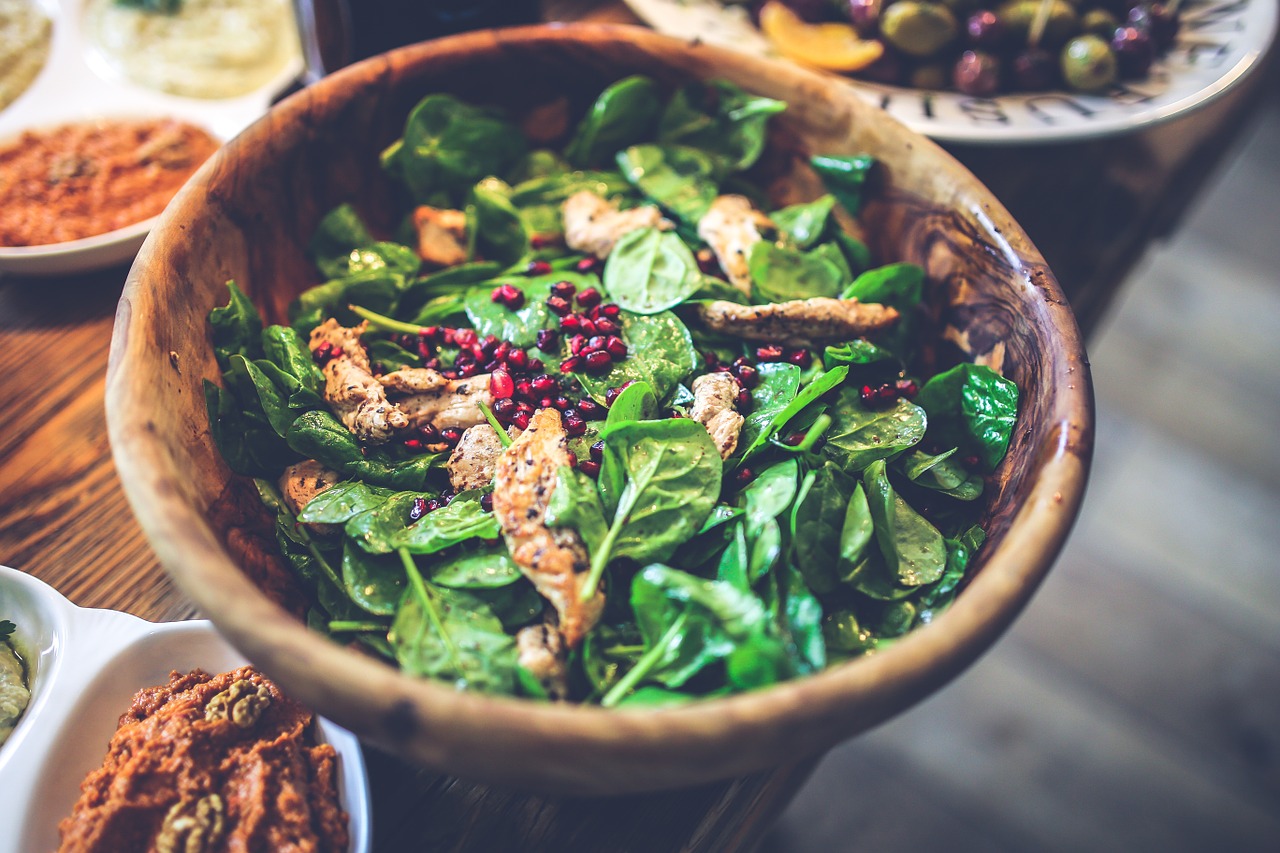5 Ways to Maintain a Healthy Diet While Managing the Side Effects of Chemo

A wholesome and nourishing diet plays an essential part in your overall health. This is especially true when coping with cancer. However, it can be difficult to maintain a healthy diet while managing the side effects of chemo. Luckily, there are steps you can take which will help you remain strong and healthy throughout your chemotherapy treatment.
1. Keep mouth sores at bay
One of the side effects of chemo that hinders a healthy diet is the occurrence of mouth sores, which can cause pain and infections making it difficult to eat, drink and swallow. Prevent sores by using a soft-bristle brush and gargling with a solution of water, salt and baking soda daily. If mouth sores do occur, sooth the pain by sucking on ice chips or popsicles and using an over-the-counter anesthetic.
2. Choose the right foods
Chemotherapy can also lead to changes in appetite, along with gastrointestinal side effects such as nausea, diarrhea and constipation. It’s important to be aware of these potential changes, and if you notice you are experiencing any of them, talk to your health care team to learn how to adjust your diet accordingly. CancerCare’s fact sheet, “Understanding and Managing Chemotherapy Side Effects,” also includes some helpful tips for how to adjust your diet if you experience these side effects.

3. Keep a journal of your side effects
There are many different types of chemotherapy, and each person will experience different results. Use a journal to keep track of your side effects, noting when they happened, how long they lasted, how severe they were on a scale of 1 to 10, and if they kept you from eating. Bring this journal to all of your appointments so that your doctor can adjust your treatment and find a plan that will cause the least disruption to your healthy eating habits.
4. Recruit help with meal planning
The side effects of chemo often include fatigue, which can make it hard to complete daily tasks like preparing meals. To continue enjoying a healthy diet, enlist the help of friends and family to pick up groceries for you, prepare your food, and help with clean-up. They’ll be happy to have an opportunity to lend a hand, and you’ll enjoy home-cooked meals that are nourishing to your body and soul.
5. Work with a registered dietitian
Most oncology health care teams include a registered dietitian who focuses on creating healthy meal plans that will be well tolerated by cancer patients. These plans can be tailored to the individual’s treatment, tastes, allergies or intolerances, and any pre-existing conditions such as diabetes or kidney disease. By working closely with a dietitian, you can ensure that you are meeting your nutritional needs while managing the side effects of chemo.

